Research Areas
Biomedical Engineering
Yale’s Department of Biomedical Engineering is leading transformative research that integrates advanced engineering principles with cutting-edge medical science. Our work spans critical areas like biomechanics and mechanobiology, biomolecular and biomaterials, systems biology, bioimaging and biosensing, drug delivery, and computational modeling and analysis.
Our computational expertise cuts across all our research areas, providing powerful tools to simulate, predict, and optimize biological systems and medical treatments. By bridging the gap between theoretical research and clinical applications, we are paving the way for a future where engineering and medicine converge to improve patient outcomes and enhance quality of life.
Biomechanics & Mechanobiology
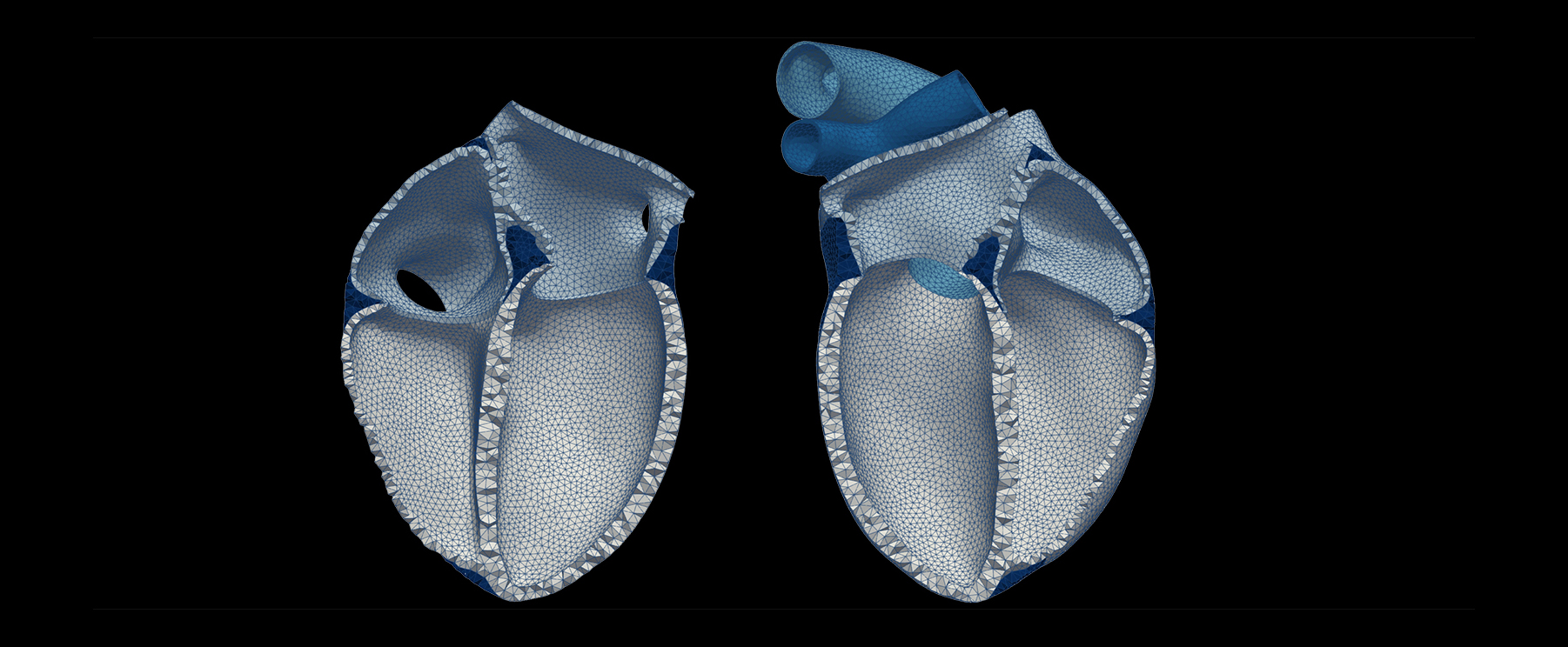
Shaping the future of medicine
At the core of our research in biomechanics and mechanobiology is understanding how mechanical forces influence cardiovascular health. We are pioneering studies that delve into the response of heart and blood vessels to mechanical stimuli, exploring these interactions from the cellular level to entire organ systems. By leveraging advanced computational models and cutting-edge experimental techniques, our goal is to unravel the fundamental mechanisms driving tissue behavior under both normal and diseased conditions.
A key focus of our work is the development of sophisticated models that simulate the mechanical environment of the cardiovascular system. These models serve as powerful tools for understanding how blood vessels and heart tissues adapt to changes in blood flow and pressure, and for predicting the progression of diseases like heart failure, aneurysms, and hypertension. Through these efforts, we are identifying crucial factors that contribute to disease, pinpointing therapeutic targets, and enhancing the precision of medical devices designed to support cardiovascular health.
Beyond the lab, our biomechanics and mechanobiology research is deeply committed to translating scientific insights into practical applications that can improve patient care. By bridging the gap between theoretical research and clinical practice, we are contributing to the development of personalized treatment strategies that address the unique needs of each patient. This work not only advances the field of biomedical engineering but also lays the foundation for future innovations in cardiovascular medicine, with the potential to transform healthcare outcomes.
Associated Faculty
Bioimaging & Biosensing
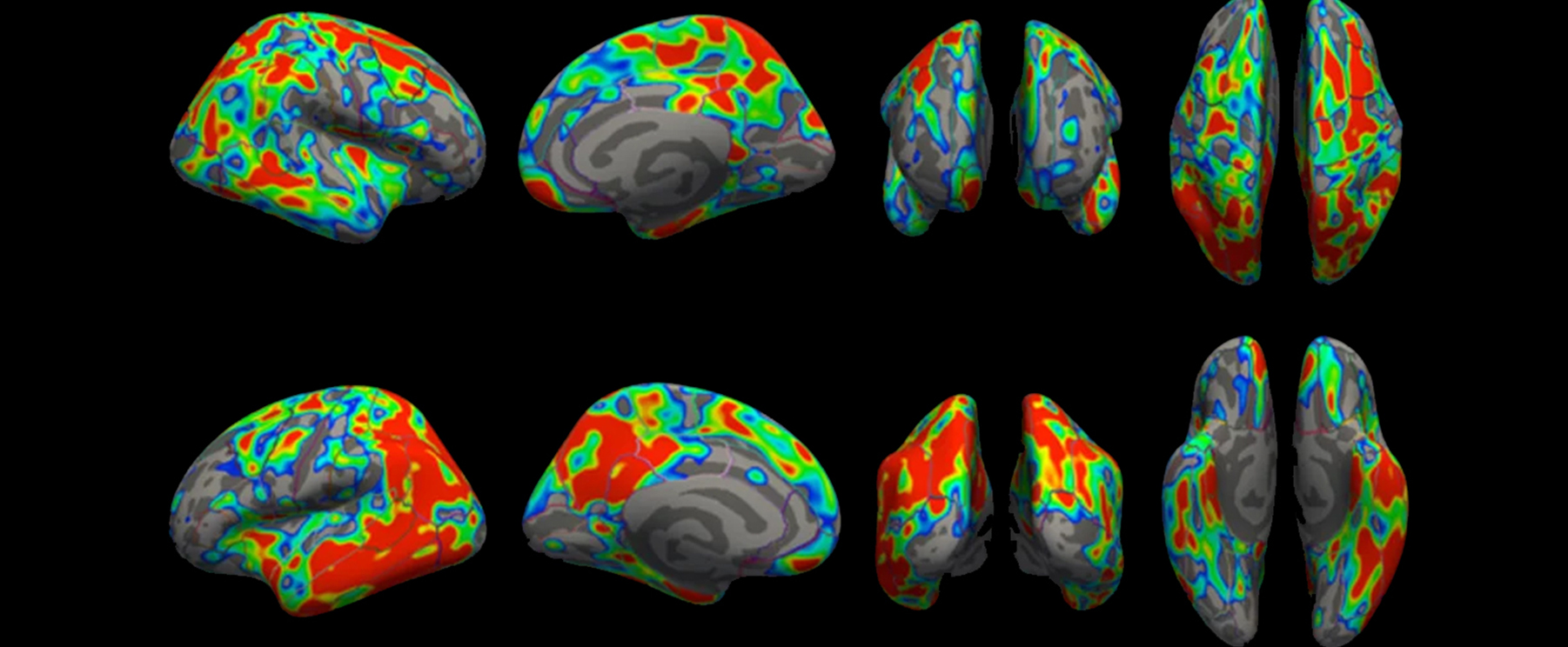
Revolutionizing how we visualize and understand the human body
At the cutting edge of medical technology, Yale's Biomedical Imaging research is revolutionizing how we visualize and understand the human body. This interdisciplinary field brings together experts from engineering, physics, biology, chemistry, and beyond to develop groundbreaking imaging techniques that reveal the secrets of biological structures and functions.
Yale's researchers are pushing the boundaries of imaging technology across multiple scales, from the microscopic world of cells to full-body human imaging. They're enhancing magnetic resonance imaging (MRI) to capture high-quality images of the brain in epilepsy patients, developing adaptive optical imaging to characterize changes in deep tissue, developing spectroscopy techniques to unravel the complexities of neurological disorders, and creating advanced methods to improve image-guided surgeries and radiotherapy.
The impact of this work extends far beyond the laboratory. With substantial funding from the National Institutes of Health, our faculty are not only conducting cutting-edge research but also training the next generation of imaging experts. They oversee state-of-the-art facilities like the Yale Magnetic Resonance Research Center and the PET Center, which house advanced equipment for developing and applying innovative imaging methodologies.
From unraveling the mysteries of brain function to tracking drug delivery systems in real-time, Yale's Biomedical Imaging research is paving the way for more precise diagnoses, personalized treatments, and a deeper understanding of human biology. This fusion of technology and medical science promises to transform healthcare, offering a glimpse into the future of medicine where we can see and understand the body in ways once thought impossible.
Associated Faculty

Richard E. Carson
Professor of Biomedical Engineering

James S. Duncan
Ebenezer K. Hunt Professor of Biomedical Engineering

D.S. Fahmeed Hyder
Professor of Biomedical Engineering

Cristina Rodríguez
Assistant Professor of Biomedical Engineering

Douglas L. Rothman
Professor of Biomedical Engineering

Lawrence H. Staib
Professor of Biomedical Engineering

Steven Zucker
David & Lucile Packard Professor of Biomedical Engineering & Computer Science
Biomolecular & Biomaterials
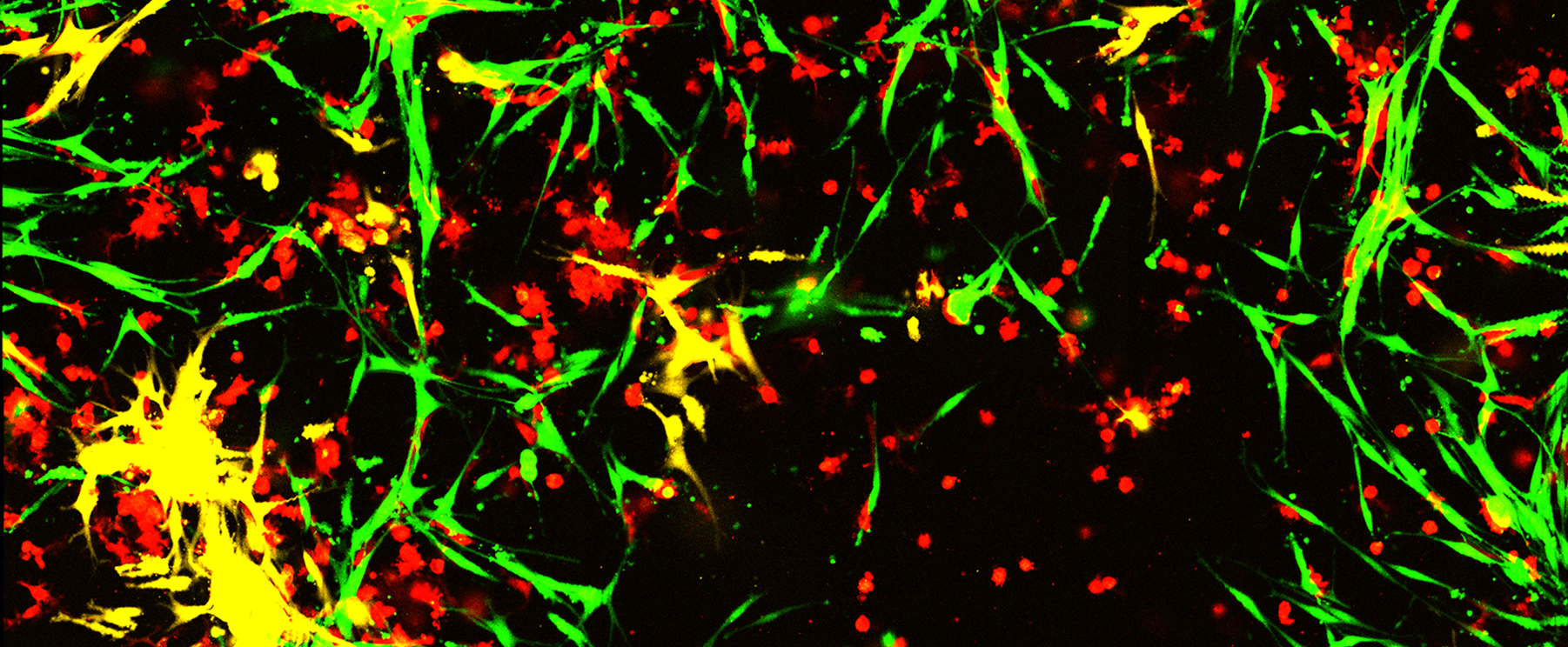
Developing molecular tools and materials to advance human health
At Yale, our researchers are pushing the boundaries of Biomolecular Engineering, tackling some of the most pressing challenges in health and environmental science. This multidisciplinary collaboration is at the forefront of developing innovative solutions that promise to revolutionize medicine, environmental protection, and biotechnology.
Yale engineers are making remarkable strides across a broad spectrum of critical areas. They're engineering advanced materials that could lead to breakthrough medical implants and drug delivery systems. Their work on bioaerosol detection and tracking could transform our ability to monitor and control the spread of infectious diseases. In the realm of environmental science, Yale researchers are developing cutting-edge technologies for water purification and sustainable fuel production, addressing urgent global needs. Our faculty are also unraveling the complexities of cellular signaling and viral interactions, paving the way for new treatments against infectious diseases. From nanomedicine approaches for brain disorders to innovative immunotherapies, Yale's Biomolecular Engineering research is driving forward a future where molecular-level understanding translates into life-changing applications, devices, therapies, and diagnostics that directly benefits society and advances human health.
Associated Faculty

Anjelica Gonzalez
Raymond John Wean Professor of Biomedical Engineering

Rong Fan
Harold Hodgkinson Professor of Biomedical Engineering

Tarek Fahmy
Associate Professor of Biomedical Engineering

Themis R. Kyriakides
Professor of Biomedical Engineering

W. Mark Saltzman
Sterling Professor of Biomedical Engineering
Computational Modeling & Analysis
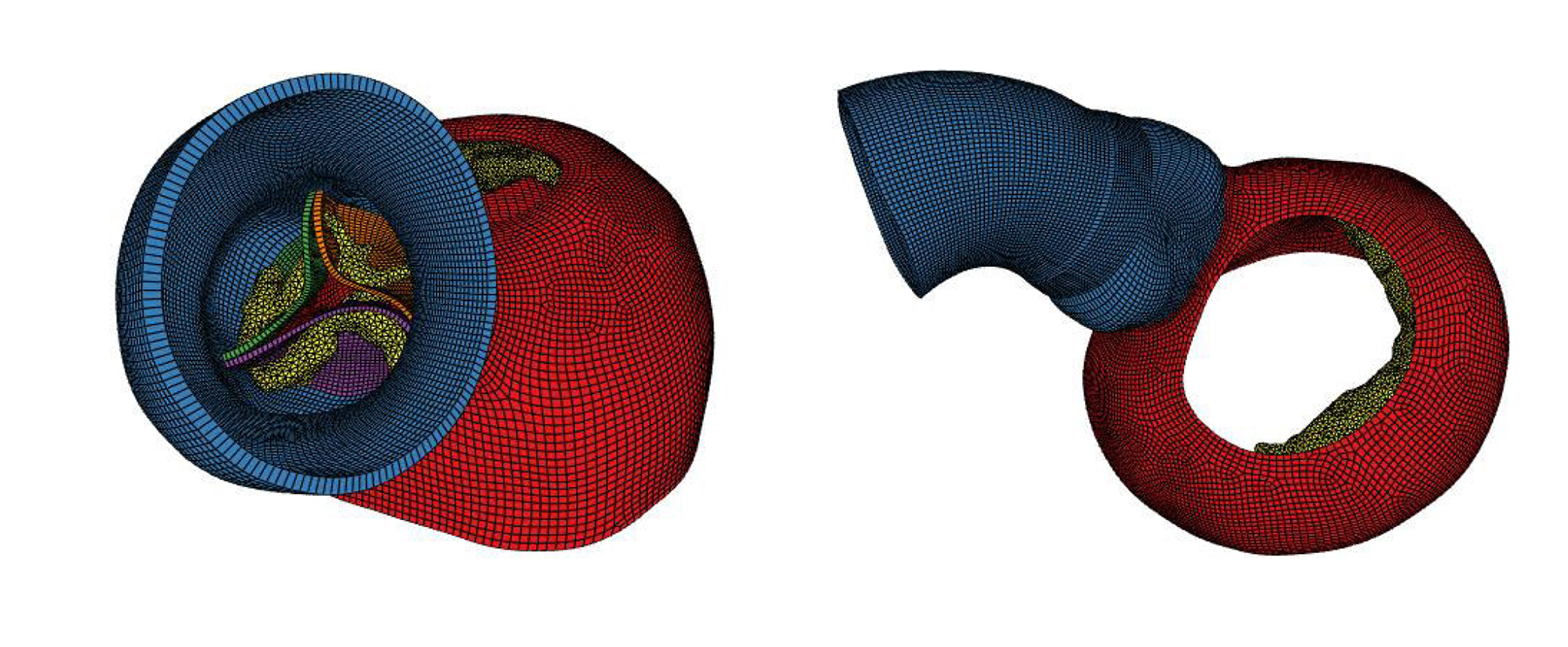
Advanced computing to unlock biomedical innovations
Computational modeling and analysis represent a cornerstone of modern biomedical engineering. This interdisciplinary area integrates principles of engineering, biology, mathematics, and computer science to address challenges in healthcare and biological research.
Faculty in this research area are dedicated to advancing novel computational frameworks by integrating biophysically-based models with cutting-edge statistical learning and artificial intelligence (AI) methodologies. The applications of this research thrust are diverse and impactful, encompassing mathematical approaches for biomedical image analysis, simulations of complex biological networks, emulation of the biological brain to characterize neural dynamics, and the development of sophisticated models for both artificial and biological vision.
Through interdisciplinary collaboration and cutting-edge methodologies, our computational modeling and analysis research transforms raw data into actionable knowledge. By bridging the gap between biological systems and engineering innovations, we strive to advance human health and redefine the future of medicine.
Associated Faculty

James S. Duncan
Ebenezer K. Hunt Professor of Biomedical Engineering

Purushottam Dixit
Assistant Professor of Biomedical Engineering

Martin Pfaller
Assistant Professor of Biomedical Engineering

Shreya Saxena
Assistant Professor of Biomedical Engineering

Lawrence H. Staib
Professor of Biomedical Engineering

Steven Zucker
David & Lucile Packard Professor of Biomedical Engineering & Computer Science
Drug Delivery
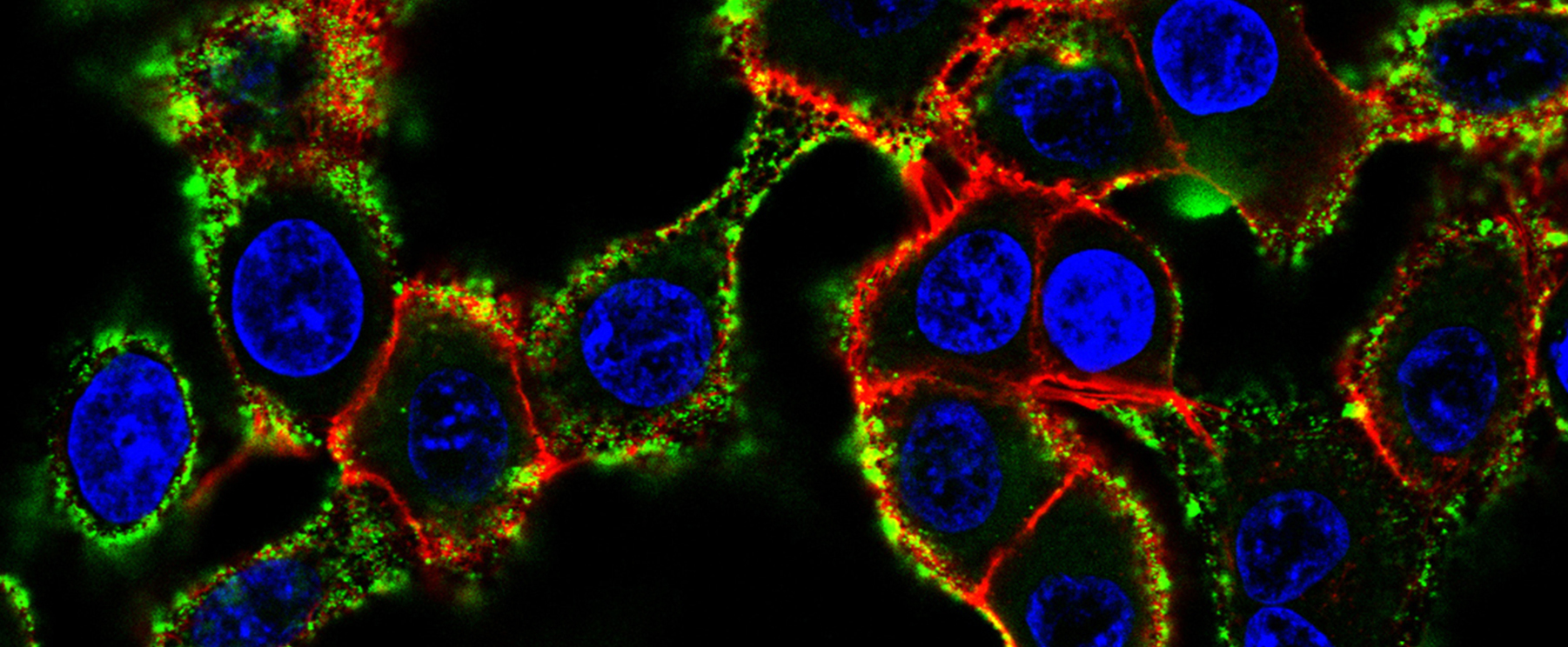
Pioneering precision medicine with maximum efficacy and minimal side effects.
Yale's biomedical engineers are revolutionizing the way we think about and administer medications. This cutting-edge field is transforming healthcare by developing innovative methods to deliver drugs more effectively and more precisely, with fewer side effects.
At the heart of Yale's research is the concept of precision medicine. Engineers are designing sophisticated delivery systems that can target specific sites in the body, dramatically reducing side effects and increasing therapeutic efficacy. This approach is particularly promising for treating challenging conditions like cancer, neurodegenerative diseases, and stubborn infections. By focusing on physical targeting–placing the drug precisely where it's needed–researchers are overcoming long-standing barriers in drug delivery.
These advancements are not just theoretical; they're actively shaping the future of healthcare. Yale's work is bridging the gap between groundbreaking molecular biology and practical, patient-centered treatments. As this research progresses, we're moving closer to a world where medications can be tailored to individual patients, maximizing benefits while minimizing risks. This pioneering work in drug delivery systems represents a significant leap forward in our ability to treat diseases more efficiently and effectively, revolutionizing patient care and outcomes.
Associated Faculty
Systems Biology
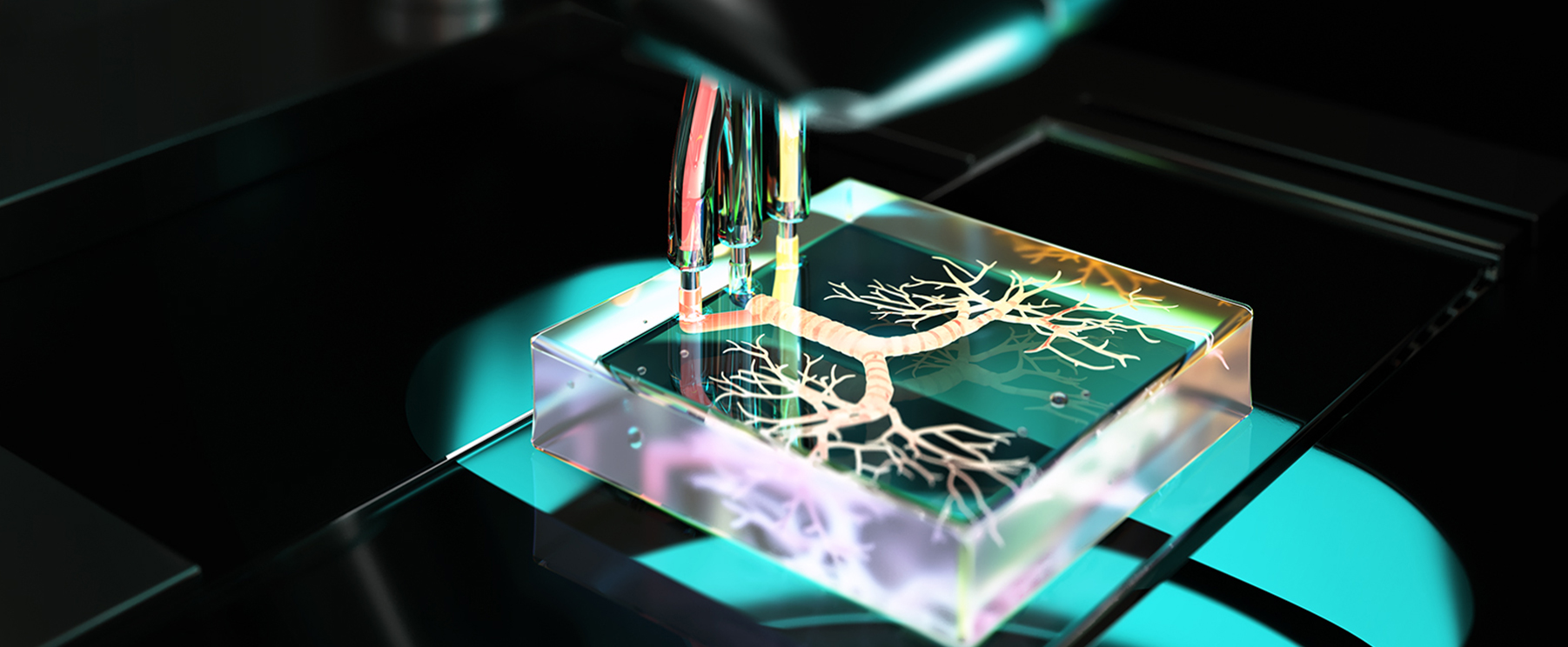
Understanding complex biological processes and their implications for human health.
Yale is at the forefront of modern biological research, bringing together experts from various fields to tackle complex questions about living systems. Located on Yale's West Campus, the Systems Biology Institute is part of a collaborative cluster of biology-focused research centers. Here, researchers combine advanced experimental methods with cutting-edge computational and theoretical tools to explore biological systems at multiple levels. Their work ranges from fundamental studies of cellular networks to practical applications in medicine, including the development of new therapies and diagnostic tools.
With access to state-of-the-art core facilities, researchers can pursue diverse experimental and analytical approaches. This ecosystem of shared knowledge and technology fosters innovation, enabling significant advancement in understanding complex biological processes and their implications for human health.
Associated Faculty

Purushottam Dixit
Assistant Professor of Biomedical Engineering

Rong Fan
Harold Hodgkinson Professor of Biomedical Engineering

Andre Levchenko
John C. Malone Professor of Biomedical Engineering

Kathryn Miller-Jensen
Professor of Biomedical Engineering

Michael Murrell
Associate Professor of Biomedical Engineering

